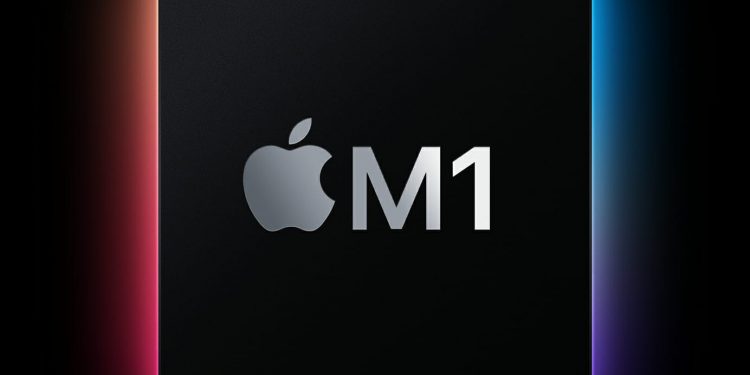Fill Me In
The semiconductor industry has long been controlled by one company – Intel. That’s about to change.
At Apple’s recent “One More Thing event”, they unveiled three new macs, the new MacBook Air, MacBook Pro and Mac Mini. They all have one thing in common under the hood, the new M1 system on a chip. This is a big leap for Apple in many ways, and is its first step in a 2-year journey announced at Apple’s World Wide Developer Conference (WWDC) event earlier this year to transition completely to Apple Silicon completely across all Macs.
Intel’s current position in the semiconductor industry
For the longest time, all Macs, most PC’s and laptops for that matter, have all had Intel based x86 CPUs at the heart of their systems due to their excellent performance. In recent times however, the performance of AMD x86 CPUs and ARM based system-on-a-chip (SoC) have overtaken intel in major areas such as raw performance to improved power consumption.
This has discouraged consumers and large tech corporations alike from leaning towards Intel for their newest computer systems. This has all been made worse by Intel sticking to the multi-generational old 14nm manufacturing process for its processors while companies such as Apple have already begun using the 5nm manufacturing process for its newest M1 system on a chip.
x86 and ARM, what’s the difference?
Traditional x86 processors differ from ARM based SoC in two main ways.
Firstly, ARM instituted a ‘Big little’ CPU design, with several high performance and several high efficiency cores on a single CPU die that helps to maximise both performance and efficiency. This has led to ARM based SoC’s complete monopoly over processors in mobile phones due to their efficiency which can in turn lead to long battery life. Meanwhile, x86 based Intel and AMD CPU’s have several identical power hungry cores that also require active cooling (fans, water-cooling, etc.) which have made them undesirable for use in mobile phones but only suitable for use in desktop computers and laptops.
Secondly, ARM based SoC have all the components, from memory to graphics, all built directly into the chip while x86 based Intel and AMD systems have traditionally required these to be attached externally. Having all the components built right into a processor has resulted in reduced latency and increased performance in ARM based systems on a chip when compared to their x86 variants.
The biggest limitation of ARM
This isn’t the first time an ARM based SoC has been used in a laptop before. Late last year, Microsoft launched the Surface Pro X with its SQ1 chip made in partnership with Qualcomm. Despite leading the ranks in battery life, the performance of the device was disappointing, not because the SQ1 was a slow processor, but because apps have not been optimised for it.
When compared to older x86 CPU’s, ARM designed SoCs are a lot newer. For many years, developers only had to design their apps to be compatible with x86 based systems. This was the greatest challenged face by the Surface Pro X. Many popular apps such as the ones created by Adobe were not optimised for ARM and thus had to run emulated, leading to a drastically worse experience.
Apple’s solution
With the launch of the new Mac’s, Apple has also announced that they have worked closely with the likes of Adobe and Microsoft to ensure that their popular apps like Microsoft Office and Adobe Lightroom run smoothly on the new Macs. Moreover, they also announced their ‘Rosetta’ emulator that supposedly allows for the emulation of x86 apps on the new Macs with only a little performance penalty. We will have to take their word for it as the new Macs only start shipping next week. Stay tuned for a full review.
Join the conversations on THG’s Facebook and Instagram, and get the latest updates via Telegram.














